 Long Island, 15 Dzulqa’dah 1436/30 August 2015 (MINA) – An article about two American Muslim brothers who authored a series of children’s books turned from a positive human-interest story to what some are saying is a rancid accusation on American Muslim culture.
Long Island, 15 Dzulqa’dah 1436/30 August 2015 (MINA) – An article about two American Muslim brothers who authored a series of children’s books turned from a positive human-interest story to what some are saying is a rancid accusation on American Muslim culture.
Authors Amin and Muhammad Aaser were recently interviewed about their “Noor Kids” book series for Muslim children. However, in the article the reporter writes this: “One topic that their series doesn’t address is violent extremism in their community,” On Islam quoted by Mi’raj Islamic News Agency (MINA) as reporting.
The seemingly innocuous statement is, in fact, a discernible microaggression that draws a condemning relationship between the two Muslim authors, the children they write for, and the prevailing stereotype that Muslims are prone to extremism and violence.
“This is an example of bias, highlighting the immediate conflation of Islam with extremism, as if both are synonymous,” Barry University Law professor Khaled Beydoun told OnIslam.net.
Also Read: Academic Boycott of Israel Doubles Despite End of Gaza War
“Addressing extremism in literature for Muslim children is a horrific, spectacular form of demonization and stereotyping,” said therapist and author of Teenage Wasteland Dr. Donna Gaines.
In his Journal of Muslim Mental Health article “Subtle and Overt Forms of Islamophobia: Microaggressions toward Muslim Americans“, Kevin L. Nadal describes microaggressions as “subtle and covert manifestations of bias.” For Muslims, this includes promoting the assumption that they are terrorists and prone to extremism.
By inserting the topic into the interview, the reporter implied that all Muslims embody a propensity towards fanaticism; therefore, it is the general duty of Muslim authors to curtail extremism by addressing it in their writing, no matter the genre.
The suggestion that authors of Muslim children’s books should write about extremism infers Muslim children are complicit in or even exposed to extremism more so than any other young people in the society, an idea that can adversely affect their development.
Also Read: Trump, Mamdani Aim for Cooperative Relationship After White House Meeting
“It would be traumatizing for the child reader, and impart a damaged sense of self and cultural identity,” said Gaines.
Muslim authors from various genres are plagued with the expectation that their works include something about Muslim extremism.
“No matter what you are writing, there is a certain expectation to address head on commonly discussed issues about our communities. Sadly, extremism is high on that list. I can’t ignore the elephant in the room just because it’s a ridiculous elephant,” Muslim author Saadia Faruqi stated.
Pressures
Also Read: Trump to Meet with NYC Mayor-Elect Mamdani at White House on Friday
Many authors asserted there were apparent pressures on them to infuse extremism and other prejudiced notions of Muslim stereotypes into their work.
Euro-American Muslim and author of The Dino Flu, Sahar Abdulaziz takes exception to the idea that all Muslim writing should make reference to issues like extremism, especially children’s book writers.
“Muslim children and those who write books for them have no accountability or answerability to the destructive reclamations of a group of malcontents, whose main objective is to commit atrocious inhuman acts as well as genocide, any more than non-Muslim children authors who write from their learning platform have to other extremist groups in their midst,” Abdulaziz told onislam.net.
Some Muslim writers may see the need to address the issue of extremism, which exists among a minority of Muslims. However, the experts emphasize that choice of content should be left to the discretion of authors, and they remain within the parameters of their genre.
Also Read: Report Exposes Canada’s Role as ‘Weapons Transit Corridor’ for Israel
“I don’t think that children’s book authors should shy away from tough issues, I do not in any way believe that extremism must be included in children’s books. Children’s book authors, as all authors, write to make a specific point. If the authors’ point does not relate to extremism, then including that topic would detract from the larger purpose of the work,” SUNY Empire State College instructor and literary theorist Anastasia Pratt told onislam.net.
“Foundational, and introductory, books on Islam intended for children should focus mainly on the tenets of the faith,” said Beydoun, “the core lessons, values, and stories. This establishes the intellectual basis for children to engage the faith more critically, and when they can appreciate complex matters like extremism, analyze them intelligently.”
Dr. Gaines stresses that authors save hard-hitting issues should for older children.
“For older kids, it may valuable to address the stereotyping of Muslim youth as a narrative in Young Adult fiction much in the same way YA authors might address social alienation or discrimination—i.e. against LGBTQ kids, kids of color, girls, kids with two moms/dads, etc.,” said Dr. Gaines.
Also Read: Trump Designates Saudi Arabia as Major Non-NATO Ally in Historic Defense Pact
The expectation that Muslim children’s literature authors are somehow obligated to address a grave subject like extremism demonstrates the stereotyping of an act to a specific cultural group.
Beydoun asserted, “Authors of other religious books will not be exposed to the same line of questioning.”
Pratt stated, “Christian writers are not required to include references to extremist Christian groups.”
Muslims are almost exclusively associated with extremism despite research that shows the use of terrorist tactics by non-Muslims as well.
Also Read: Saudi Arabia to Boost US Investments to $1 Trillion: Crown Prince
According to the Washington research center New America, white supremacists, neo-Nazis, and homegrown extremists killed more people in terrorist attacks (48 people in 19 attacks) since September 11th than jihadists (26 people in 7 attacks). The study shows that white extremists have been involved in the majority of terrorist attacks in this country.
Pratt points out that despite this information, “Southern writers are not required to include references to the KKK.”
Although Islam is a way of life and not a race, there is still a tendency by many in the American society to attempt to frame it as such and draw from the country’s racist arsenal to vilify and place Muslims on a constant defensive. One way this is done is by distending topics, like extremism, in American Muslim communities to inject them into every discourse with Muslims – even ones about drafting books for children.
Abdulaziz expounds, “In this global world we share, there are many factors and variables surrounding what constitutes the optimal environment considered progressive when setting the learning cognitive stage for young children. Therefore, it is the job of adults to support and supervise the developmental process in the hope of leading all children through a wonderful, healthy journey towards ultimate autonomy. Muslim children are no different.” (T/P011/R03)
Also Read: New York Mayor-Elect Vows to Uphold ICC Arrest Warrant Against Netanyahu
Mi’raj Islamic News Agency (MINA)





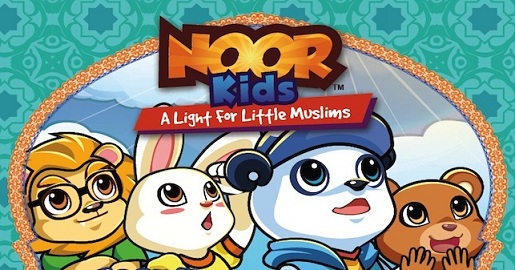


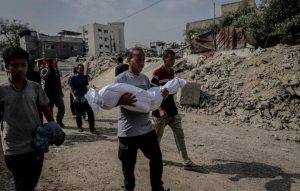

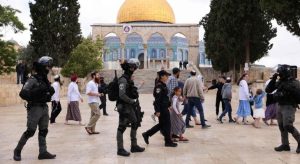
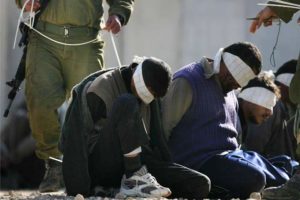

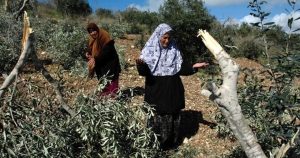

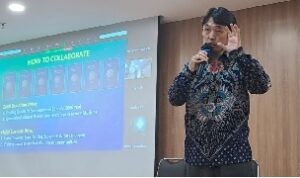
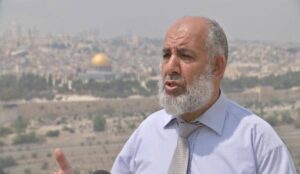
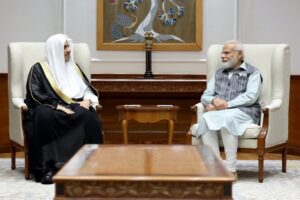

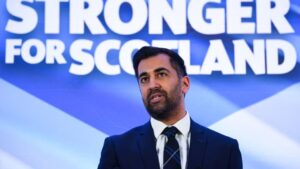
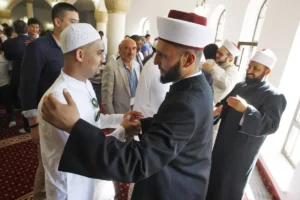












 Mina Indonesia
Mina Indonesia Mina Arabic
Mina Arabic